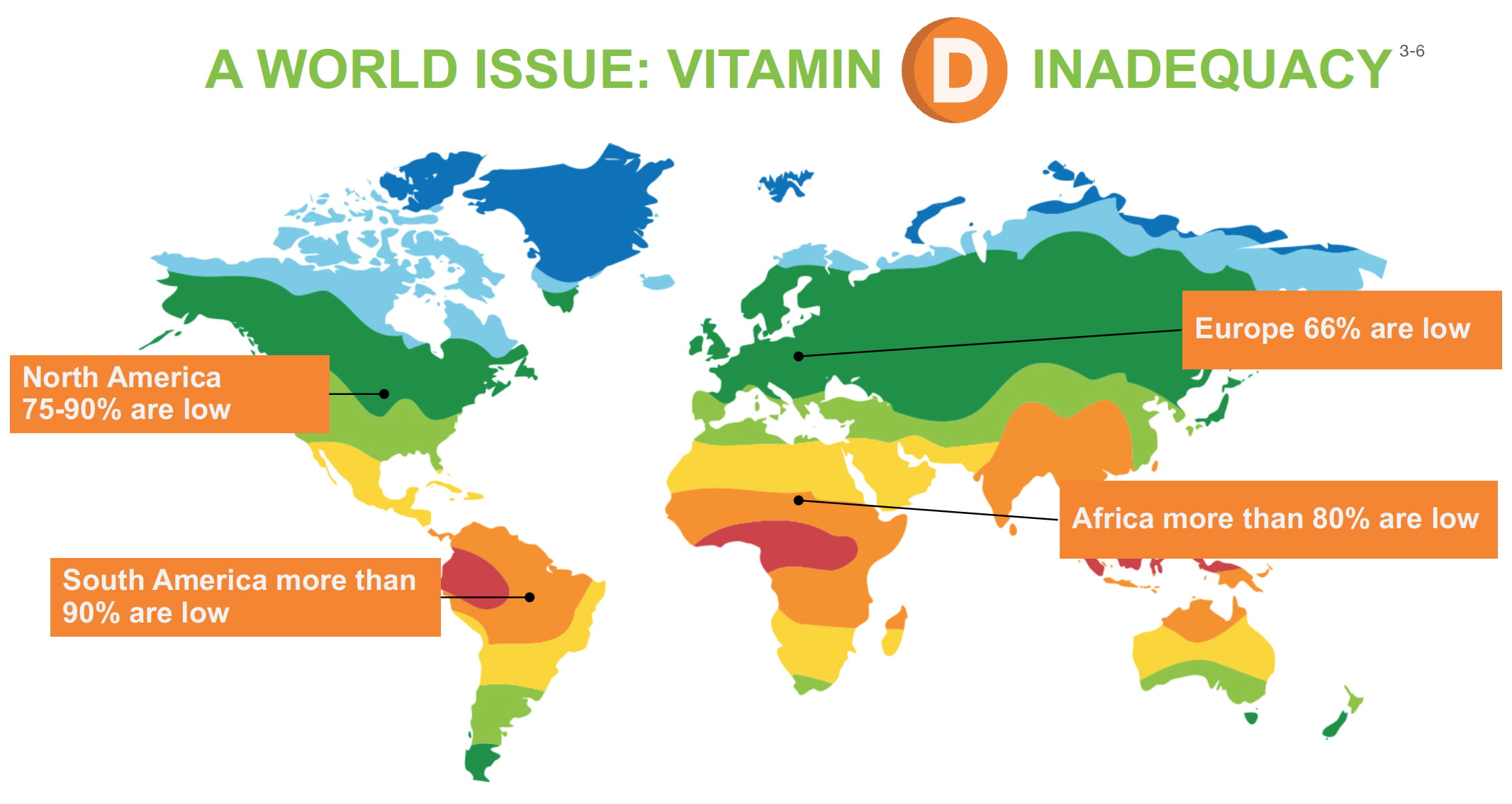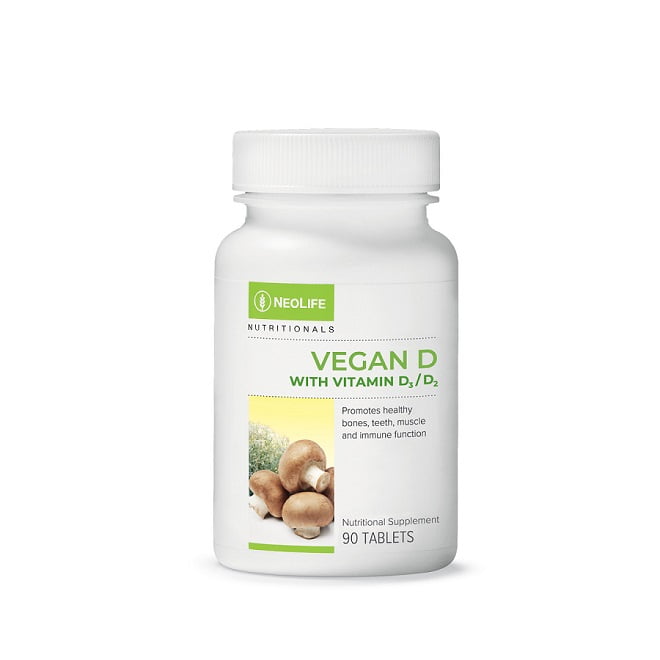You may have noticed that vitamin D has been in the news a lot recently; with COVID-19 dominating headlines around the world, people are desperate for anything and everything that may help. It may not have received much attention before, but for years there have been studies indicating that vitamin D plays a crucial role in immune system function and, in particular, helps protect the respiratory tract. A meta-analysis of studies investigating the effect of vitamin D supplementation on the prevention of acute respiratory tract infections (RTIs) was published in 2017. The meta-analysis used results from over 11,000 participants in 25 randomized control trials. It found a statistically significant reduction in the overall proportion of people who experienced acute RTIs and concluded that “Vitamin D supplementation was safe, and it protected against acute respiratory tract infections overall.”1 This is true especially for people who were vitamin D deficient as well as for people who supplemented regularly with vitamin D.
The vast majority of our vitamin D is produced by our bodies after our skin is exposed to the ultraviolet-B rays from the sun, only a small amount comes from the diet, hence it is often called the “sunshine vitamin.”2 Nowadays, due to lifestyle changes and growing awareness of the increased risk of skin cancer from exposure to ultraviolet (UV) rays, many people avoid the sun or reach for sunscreen. Wearing sunscreen is very important protection from the negatives of UV rays, but the fact remains that using sunscreen with SPF 30 reduces the vitamin D synthesis in skin by more than 95%.2 The maps below show the approximate percentages of people with inadequate vitamin D levels around the world. It is a prevalent problem; figures range from 66% of people having inadequate vitamin D levels in Europe, to a shocking high of up to 96% in South America.3-6 That was during previous years, and with stay-at-home orders having been put into place around the world in 2020 due to COVID-19, it is reasonable to conclude that the worldwide vitamin D inadequacy rates have not gone down. This is a concerning public health issue because vitamin D plays an important role in proper immune system function overall, in addition to protecting against acute RTIs.1
A published paper titled “Evidence that vitamin D supplementation could reduce risk of influenza and COVID-19 infections and death” strongly illustrated the role of vitamin D could play in reducing risk of COVID-19 and recommended taking vitamin D supplementation to reduce the risk of infection.7 Interestingly, it appears that all the enzymes required to metabolize vitamin D need magnesium, so in order to activate vitamin D, the authors recommend taking it with magnesium. The authors also hypothesized that higher vitamin D doses may be useful for treatment of those infected with COVID-19, though further studies are needed.7
A lot more research is underway to further investigate the link between vitamin D and COVID-19 and to understand the mechanisms of action. There does appear to be a link, one study analyzed levels of vitamin D in the blood serum of patients hospitalized for COVID-19 and found that 82.2% of hospitalized patients were vitamin D deficient, compared to 47.2% of the general population control.8 While vitamin D’s mechanism of action regarding COVID-19 needs further investigation, there is substantial research about vitamin D’s vital role in the immune system. Vitamin D’s may help prevent infection by strengthening the first line defenses of the immune system, but if infected, vitamin D may also help modulate the actions of various types of immune cells to limit harmful inflammatory responses.9 There are at least 10 more clinical trials in progress to study the links between vitamin D and COVID-19, so stay tuned for exciting updates on the powerful effects of vitamin D!

Naturally sourced, whole-food based vitamin D2 and D3 are required for the maintenance of strong bones and normal immune function.
Key Benefits
- Supports immune function.
- Supports the body’s absorption of calcium for the development and maintenance of strong bones.
- Contributes to the maintenance of normal muscle function.


